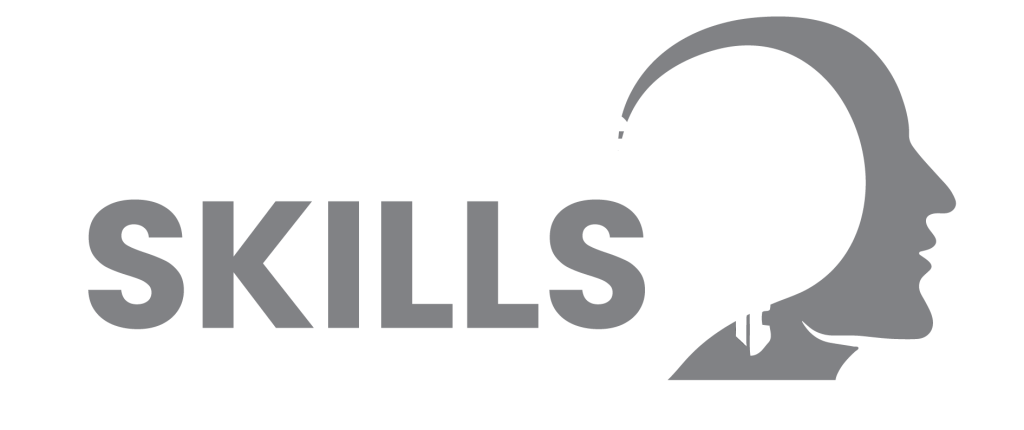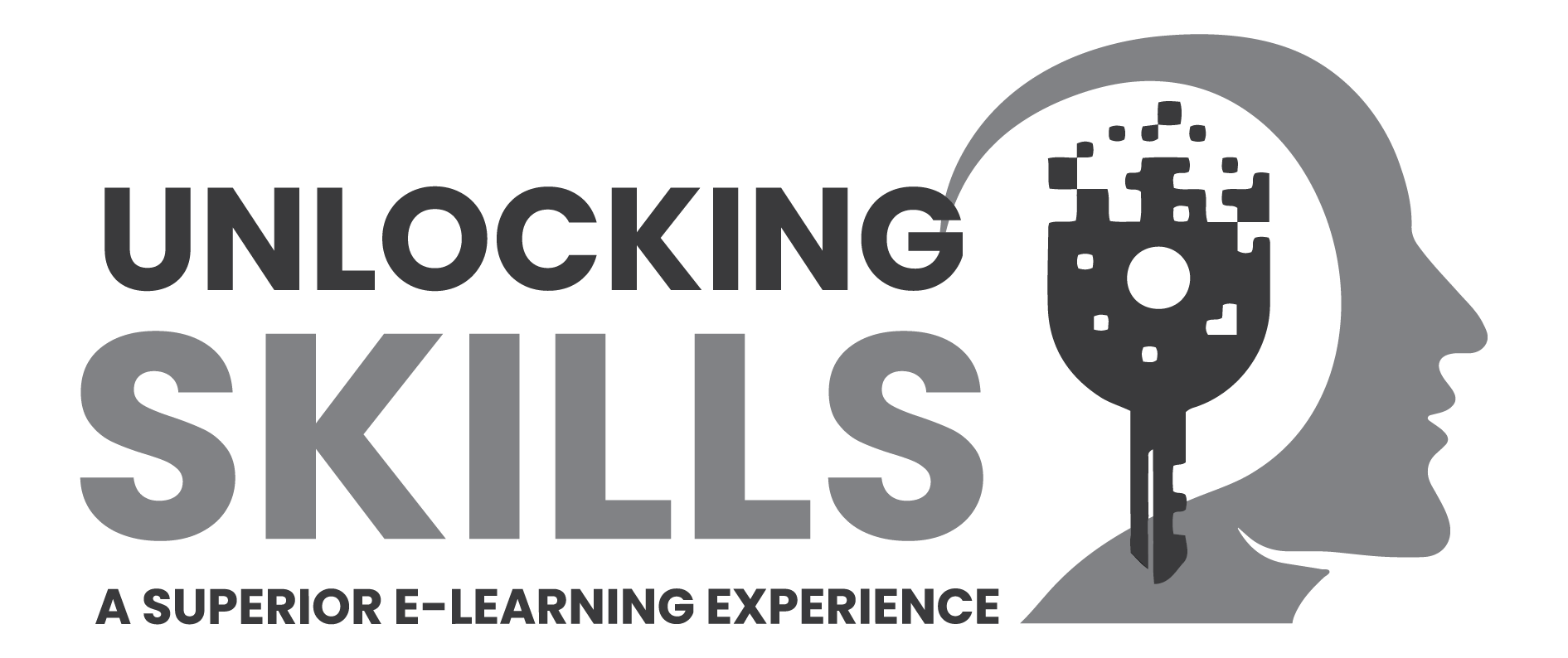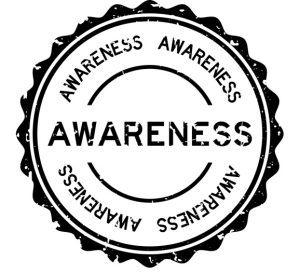In the oil and gas industry, drilling and well servicing operations carry inherent risks that necessitate a strong emphasis on safety. Well control training plays a critical role in ensuring the safety and integrity of these operations, focusing on preventing blowouts, enhancing response capabilities, and safeguarding personnel and the environment. This blog explores the importance of well control training in the oil and gas industry and highlights its role in mitigating risks and promoting safe operations.
Understanding Well Control:
Well control refers to the techniques and practices employed to maintain pressure and prevent uncontrolled releases of hydrocarbons during drilling and well servicing activities. Well control incidents can have severe consequences, including loss of life, environmental damage, and financial liabilities. Well control training provides individuals with the knowledge and skills necessary to identify potential well control hazards, respond effectively to well control events, and mitigate risks.
Enhancing Safety and Risk Management:
Well control training is a fundamental component of safety and risk management in the oil and gas industry. It equips personnel with the tools to recognize and assess potential well control risks, implement preventive measures, and respond promptly and effectively in emergency situations. Well-trained individuals are better equipped to identify signs of well control issues, understand the impact of drilling parameters, and apply appropriate control techniques to ensure safe operations.
Preventing Blowouts and Losses:
Blowouts, characterized by the uncontrolled release of oil, gas, or other fluids from a well, pose significant threats to personnel, equipment, and the environment. Well control training focuses on understanding the causes of blowouts, such as formation pressure, wellbore instability, and equipment failures. It equips individuals with the knowledge and skills to prevent blowouts through proper well control practices, including maintaining appropriate mud weight, monitoring drilling parameters, and utilizing blowout preventers (BOPs).
Emergency Response and Well Control Procedures:
Well control training emphasizes the development and implementation of effective emergency response plans and well control procedures. Individuals are trained to respond swiftly and efficiently during well control incidents, minimizing the potential for escalation and mitigating risks. Well control training also covers the proper use and maintenance of well control equipment, such as BOPs, ensuring their optimal functionality in critical situations.
Compliance with Industry Standards and Regulations:
Well control training is essential for maintaining compliance with industry standards and regulations. The oil and gas industry is subject to stringent safety regulations and guidelines that govern well control practices. Comprehensive well control training ensures that personnel are well-versed in industry best practices, regulatory requirements, and the latest advancements in well control technology. Compliance not only mitigates legal and financial risks but also demonstrates a commitment to responsible operations.
Continuous Improvement and Professional Development:
Well control training is an ongoing process that supports continuous improvement and professional development. The industry is constantly evolving, with new technologies, methodologies, and best practices emerging. Well control training programs provide opportunities for individuals to enhance their skills, stay updated on industry trends, and adapt to changing well control challenges.
Conclusion:
Well control training holds immense significance for safe operations in the oil and gas industry. It equips individuals with the knowledge, skills, and mindset necessary to identify potential well control hazards, prevent blowouts, and respond effectively to well control incidents. By prioritizing well control training, organizations can protect their personnel, the environment, and operational efficiency while also ensuring compliance with industry regulations. Investing in comprehensive well control training programs is a crucial step toward fostering a culture of safety and excellence in the oil and gas industry.






